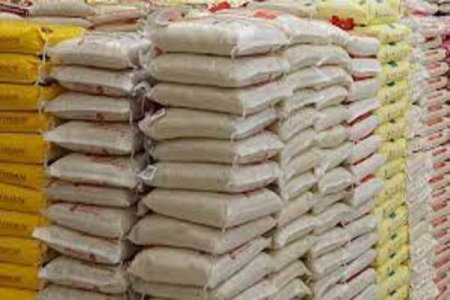
In the face of an unprecedented surge in the cost of living, Nigerian families are grappling with the harsh realities of a struggling economy. The price of rice, a staple in the country, has skyrocketed to N77,000 per bag, reflecting a broader trend of escalating costs for goods and services.
The December 2023 report from the National Bureau of Statistics revealed that Nigeria's inflation rate reached a 27-year high, standing at 28.9 percent. The situation has been exacerbated by various factors, including government policies such as the removal of fuel subsidies and the depreciation of the naira in the foreign exchange market.
The ripple effects of this economic hardship have led to citizens adopting extraordinary measures to make ends meet. Interviews with residents across major cities, including Lagos, Kano, Niger, Rivers, and Osun, depict a nation burdened by the strain of rising prices. Protests have erupted in various cities, with residents taking to the streets to express their dissatisfaction with the current economic climate.
The Organized Labour has threatened industrial action to address the prevailing hardships, despite the government's efforts to distribute grains and alleviate the impact of the crisis.
Lagos residents share their struggles, highlighting the challenges they face in affording essential items. The cost of foodstuffs, including rice, beans, and groundnut oil, has surged, making it increasingly difficult for families to put food on the table.
Businesses are also feeling the pinch, as entrepreneurs across sectors navigate the challenges posed by the economic downturn. Skincare consultants, dental therapists, and foodstuffs retailers alike express their concerns about declining sales and increasing operational costs.
The situation has prompted the Akwa Ibom State Governor, Umo Eno, to announce plans for a bulk purchase agency aimed at regulating food prices and ensuring affordability for citizens. Similarly, the Kwara State Government has delivered 10,000 bags of rice as palliatives to labour unions to ease the burden on their members.
As the economic crisis unfolds, residents of Anambra State lament the soaring costs of food items, attributing the situation to the rise in the value of the dollar. With citizens forced to ration food and discontent spreading nationwide, the government faces mounting pressure to implement effective measures to alleviate the financial strain on its people.




